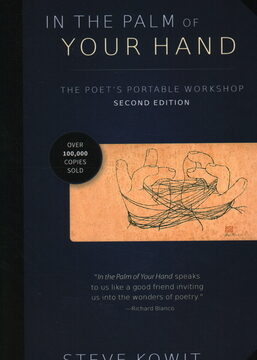Description
In How to Abandon Ship, Sasha West harnesses poetry as a vessel to ferry the inconceivable, to wreck upon the shores of what we’ve known thus far. Assessing the accelerating emergencies of climate change amid the West’s self-cannibalizing capitalism, the speaker of these poems wrestles with the state of the world and its compounding catastrophes as a new parent. That fierce love becomes her grappling hook into the glut of information and epochal view of time and space we must scale to leave our children a habitable, equitable planet. To approach a perspective too vast for the individual mind, West cycles through personae which collectively metabolize the strands of the past, and the foundational myths of Western civilization, that constructed this looming future. West speaks as a contemporary mother and an ancient proxy, the unheeded Greek oracle Cassandra; gives voice to fossil fuels; and imagines grown children, real and mythological, surviving beyond a world our generation preemptively mourns. “I have taken / my voice past the threshold, past / the lintel,” Cassandra addresses readers and, more broadly, a paralyzed and apathetic public. “I am speaking to you now from / inside the wildfire while it burns the hair / from my body: I don’t expect you will listen.” But while making space for climate grief, holding our faces up to the ever-expanding sinkhole of earthly loss, West liberates us unto joy, enjoining us to remake the narratives that drive our culture, our consumption, and our relationship to the non-human world. Cassandra’s daughter rides the ship as it sinks, declaring, “I am being shaped / into something new, waiting, / listening to birds give out song / before / the songs give out.” And Cassandra’s granddaughter endures to remind us that, when the sails buckle, we need not drown if we choose to swim. “When you were still alive and apt to get weepy over what you saw as rubbled landscapes, I was impatient. Only a tourist fetishizes the ground where tragedy occurred…. What needs to be done, we do. We act in tiny increments.” These splinters compose the timeless story of humanity: we love each other because we cannot help it; we fail, and fail repeatedly; we go on.





Reviews
There are no reviews yet.